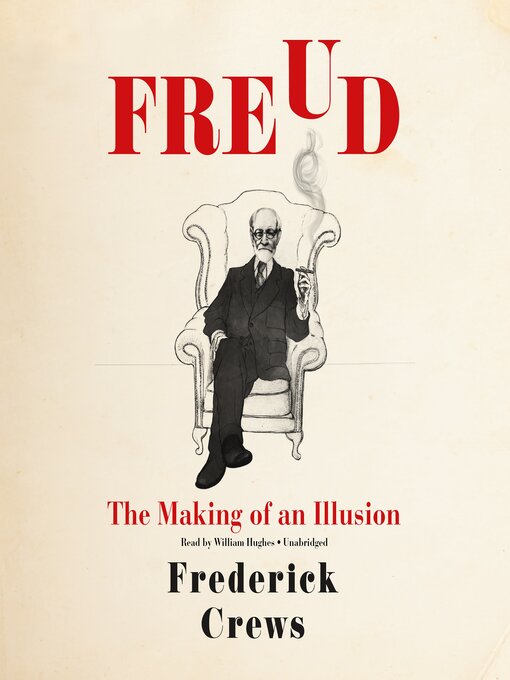From the master of Freud debunkers, the book that definitively puts an end to the myth of psychoanalysis and its creator
Since the 1970s, Sigmund Freud's scientific reputation has been in an accelerating tailspin-and for excellent reasons. Nevertheless, the idea persists that some of his proposals were visionary discoveries. In Freud: The Making of an Illusion, Frederick Crews investigates the record and reveals findings that will revolutionize our conception of the therapist, the theorist, and the human being.
Drawing on rarely consulted archives, Crews shows us a man who blundered tragicomically in his dealings with patients, who never produced a corroborated cure, who promoted cocaine in one decade and was deluded by it in the next, who misunderstood the psychological controversies of the era, and who advanced his career through falsifying case histories and betraying the mentors who had helped him to rise. The contrary legend has persisted, Crews shows, thanks to Freud's self-fashioning as a master detective of the psyche and later through a campaign of censorship and obfuscation conducted by his followers.
A monumental biographical study and a slashing critique, Freud: The Making of an Illusion will stand as the last word on one of the most significant and contested figures of the twentieth century.

